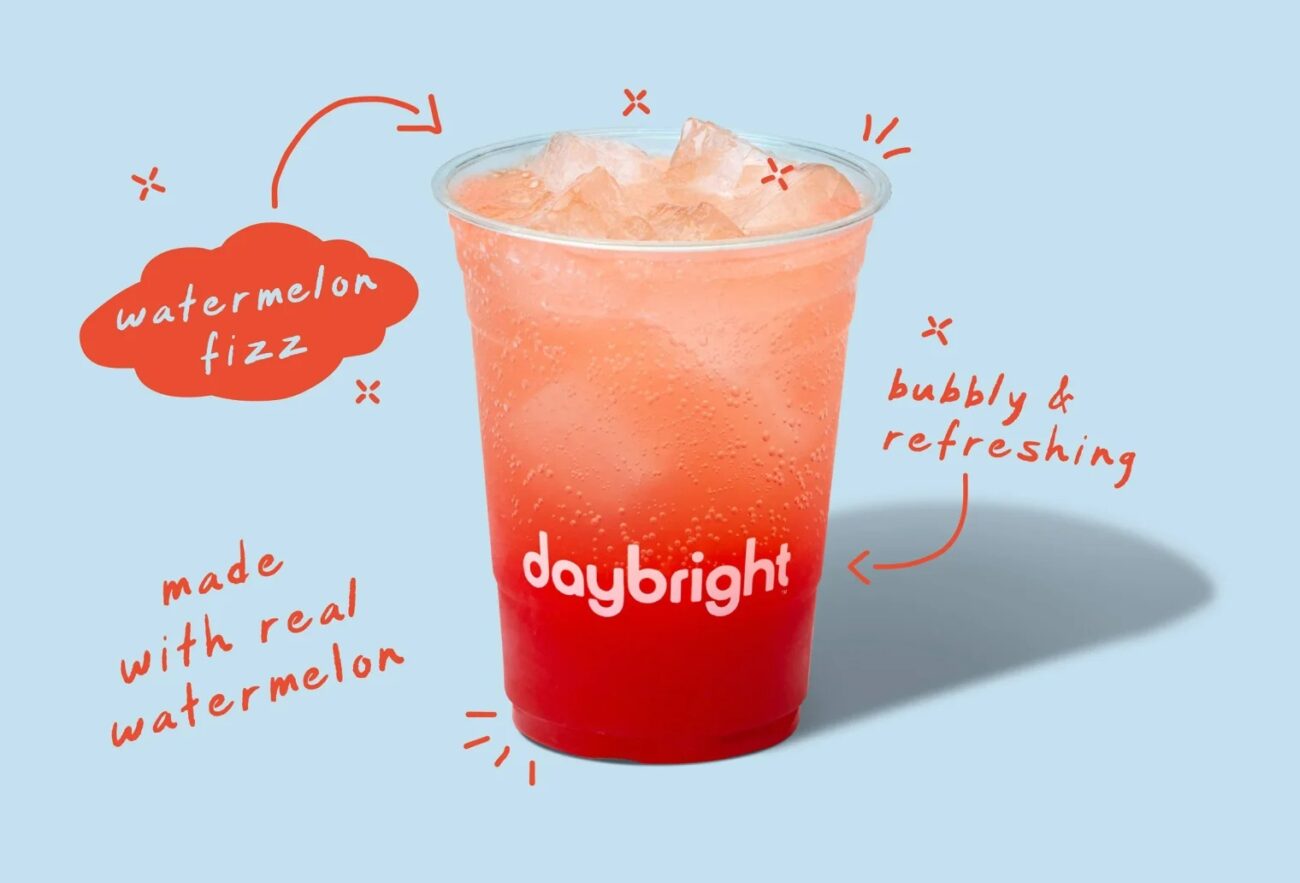Most AI assistants help you set reminders or answer trivia. Robyn wants to understand why you avoid conflict and what makes you feel truly seen. This isn’t Siri for your feelings—it’s a neuroscience-backed companion designed to decode your emotional blueprint and help you grow from it.
From Surgery to Silicon Valley
A Harvard-trained physician trades the operating room for emotional intelligence algorithms.
Jenny Shao, MD didn’t follow the typical path from medical residency to AI entrepreneurship. After working in Nobel laureate Eric Kandel’s neuroscience lab, she left her Harvard surgery track to build something entirely different: an AI that remembers how you process emotions and reflects those patterns back to you.
Robyn’s “emotional memory system” isn’t just storing chat history—it’s mapping your attachment style, identifying your growth edges, and tracking how you handle stress over time. This foundation in memory science and neuroscience sets it apart from generic chatbots or utility-focused assistants.
Your Digital Emotional Detective
The app builds psychological profiles through conversation, not questionnaires.
Skip the endless personality quizzes. Robyn learns about you through natural conversation, gradually building insights about your love language, inner critic, and emotional fingerprint. The onboarding process establishes your goals and communication preferences, then the AI companion tracks patterns in how you respond to challenges, celebrate wins, or process difficult emotions.
You’re not just venting to a chatbot—you’re creating a personalized emotional intelligence report that evolves with every interaction. The app analyzes these patterns to provide actionable insights for self-awareness and personal growth.
Safety First, Dependency Never
Medical ethics training influences crisis intervention and healthy boundaries.
Shao’s medical background shows in Robyn’s safety architecture. The app includes automated crisis intervention—mention self-harm, and you’ll receive crisis hotlines and emergency room directions immediately. Communications stay encrypted, and the platform explicitly refuses requests outside emotional support territory.
The $19.99 monthly subscription isn’t just about revenue—it’s designed to discourage casual use and encourage committed engagement while preventing the unhealthy dependencies that have plagued other AI companion apps. This premium model attracts users serious about emotional wellness rather than casual entertainment seekers.
Premium Empathy, Proven Backing
High subscription costs meet serious investor confidence in emotional AI.
Robyn’s premium pricing positions it as a considered investment, not impulse entertainment. Recent $5.5M seed funding from M13 and Google Maps co-founder Lars Rasmussen suggests investors see genuine potential in emotionally intelligent AI.
The target audience isn’t looking for cheap therapy alternatives—they’re seeking sophisticated tools for self-reflection and personal growth that respect both their privacy and their emotional complexity. This represents a fundamental shift in how AI companions position themselves.
Rather than replacing human connection, Robyn aims to improve it by helping users understand their own emotional mechanisms first.


















